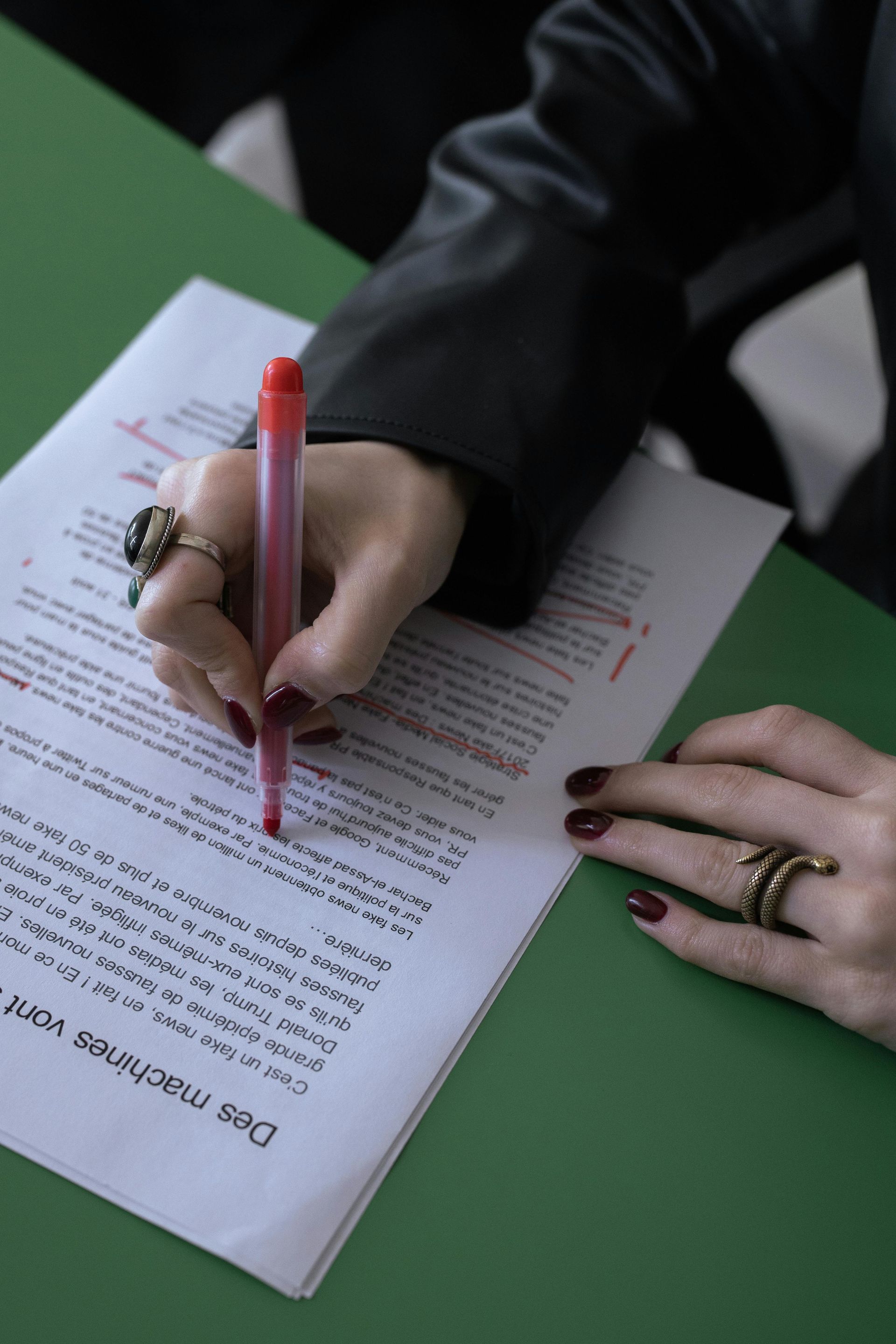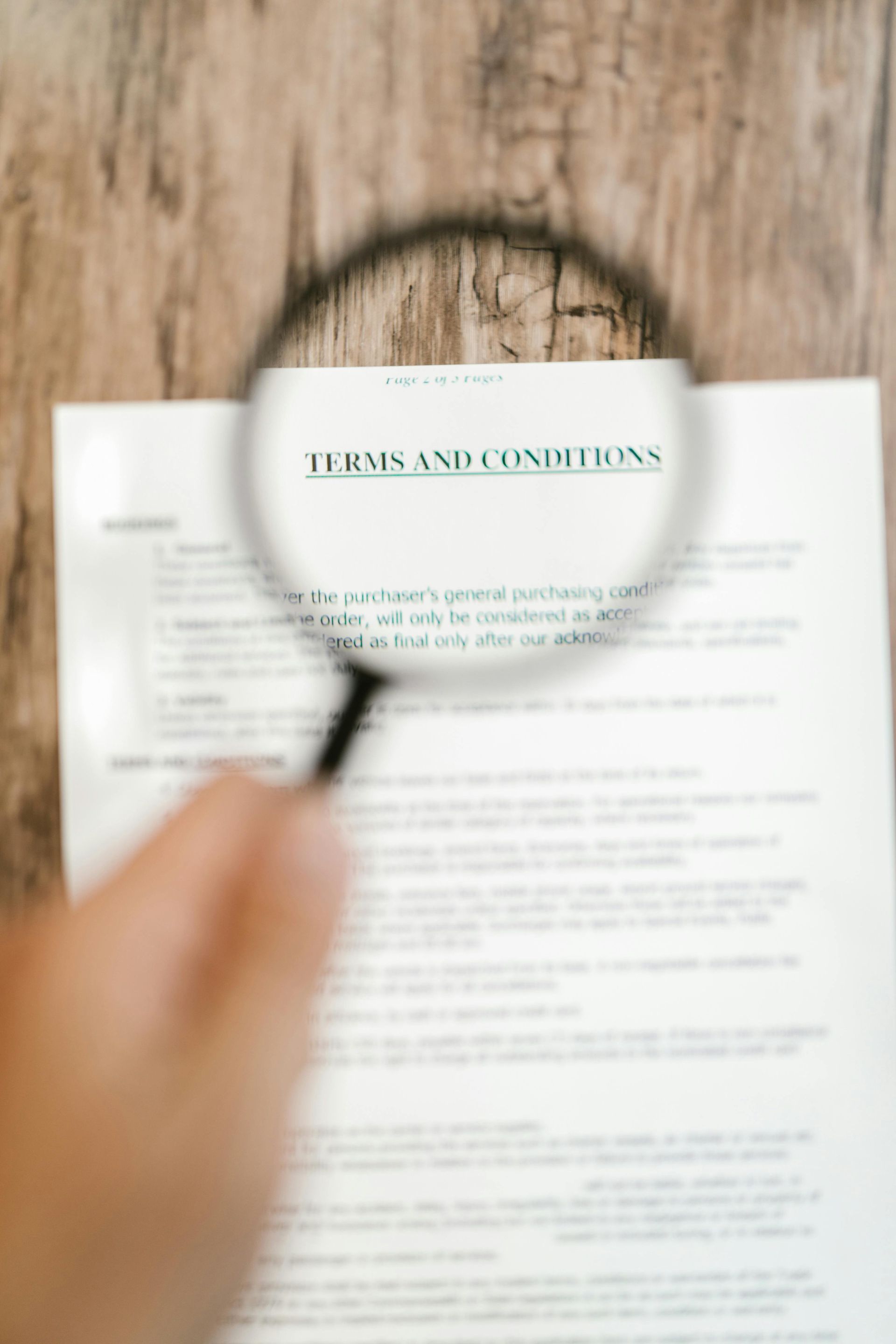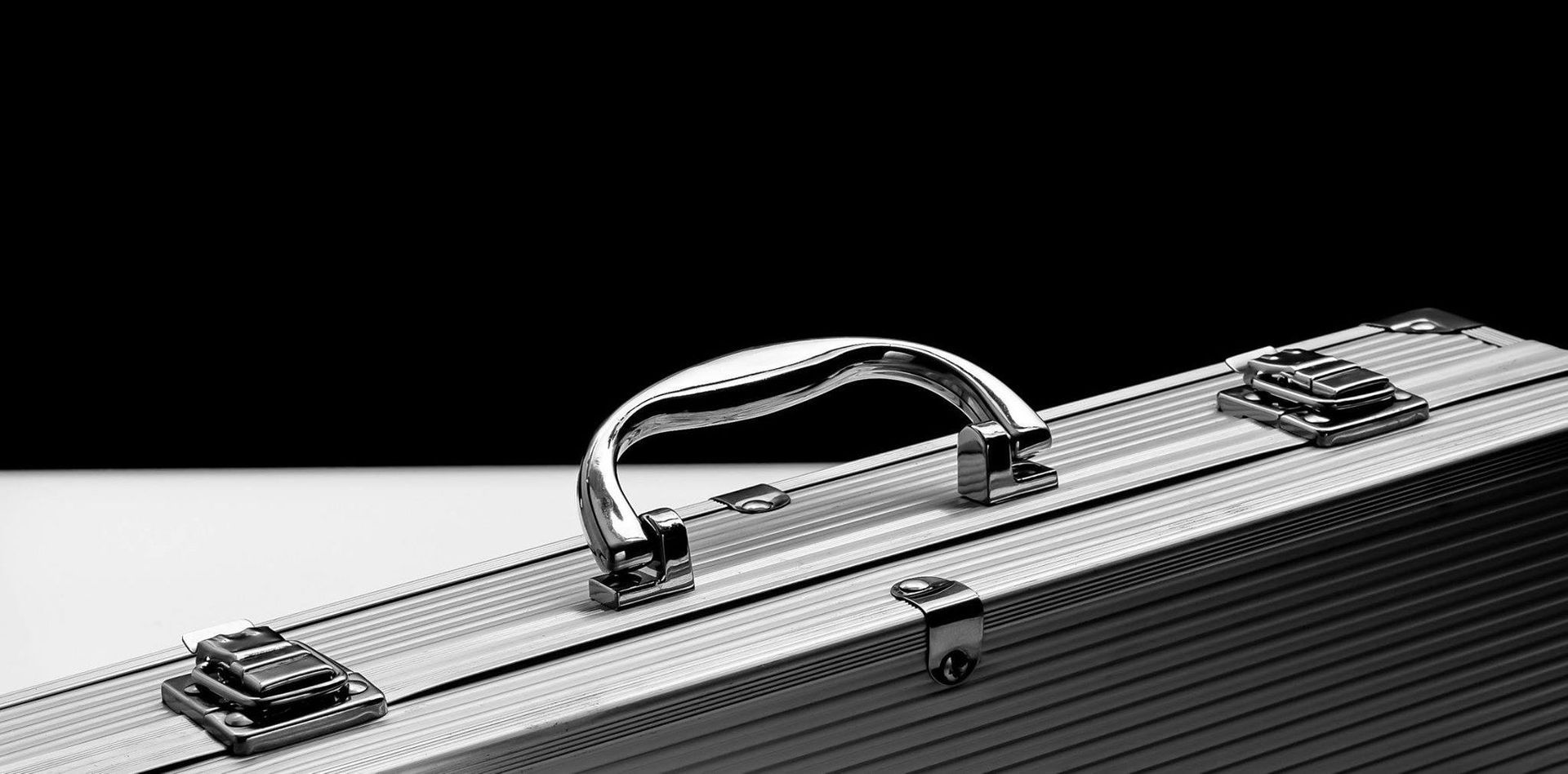Understanding ID Verification in Document Notarization
ID verification is a critical part of notarization, ensuring that documents are signed by the right people and reducing the chances of fraud. Notaries are like gatekeepers, confirming identities and protecting the integrity of legal and financial transactions. This guide breaks down everything you need to know about how ID verification fits into the notarization process.
Importance of ID Verification in Notarization
ID verification is more than just a checkpoint; it’s the foundation of secure and reliable notarization. By confirming the identity of those signing legal, financial, and personal documents, notaries establish trust and authenticity in transactions. This process safeguards all parties involved, preventing fraudulent activities and ensuring the integrity of vital agreements.
Why Identity Verification Matters in Legal Transactions
Verifying a signer’s identity is a crucial step in any legal transaction. It confirms that the individuals involved are who they claim to be, preventing fraud, forgery, and identity theft. These crimes can lead to severe consequences, including disputes, financial losses, and legal battles. Here are some scenarios where ID verification protects transactions:
- Real Estate Deals: Prevents fraudulent ownership transfers by confirming the identity of buyers and sellers.
- Loan Agreements: Ensures that borrowers and lenders are legitimate, reducing the risk of disputes over repayment.
- Estate Planning Documents: Safeguards wills and powers of attorney from being exploited by unauthorized parties.
Without proper ID verification, fraudulent transactions can proceed unchecked, creating significant risks for all involved. Notaries serve as gatekeepers in these scenarios, ensuring only legitimate individuals participate in high-stakes transactions.
How Notaries Safeguard Against Fraud
Notaries are trained professionals skilled at identifying red flags during the notarization process. They ensure that every signer provides legitimate identification and confirms that documents are signed willingly. Notaries use the following fraud detection techniques:
- Scrutinizing IDs: Verifying that IDs are government-issued, current, and unaltered.
- Spotting Mismatched Information: Checking for discrepancies between the signer’s ID and the document details.
- Assessing Behavior: Identifying suspicious actions, such as hesitation to provide identification or inconsistencies in responses.
If a notary detects signs of fraud, they can refuse to proceed. This protective measure ensures the integrity of the transaction and shields all parties from potential harm.
Legal and Financial Implications of Verified Documents
Documents notarized with verified identities carry significant legal weight. They offer assurance that all signers were identified and acted willingly, making them more reliable in legal and financial disputes. The benefits of verified documents in legal and financial transactions are:
- Resolving Disputes: Courts often favor notarized documents as credible evidence, simplifying resolution in cases of conflict.
- Proving Authenticity: A notarized document confirms that the signers are legitimate, reducing the likelihood of challenges.
- Building Trust: Verified documents create confidence between parties, especially in high-value transactions.
These transactions are some of the high-stakes scenarios where verification matters:
- Loan Agreements: Prevents disputes over authenticity by ensuring both parties are legitimate.
- Wills and Estates: Confirm that the deceased’s wishes are represented without interference.
- Business Contracts: Establishes trust in partnerships or mergers by validating the identities of involved parties.
With notarization, these transactions gain a level of credibility and enforceability that protects everyone involved.
Common Forms of ID Accepted by Notaries
Notaries rely on valid, government-issued identification to verify identities. Most states have clear rules about what types of ID they will accept.
Government-Issued Identification
These are the most common forms of ID accepted by notaries:
- Driver’s Licenses
- Passports
- State ID Cards
- Permanent Resident Cards (Green Cards)
- Military IDs
These IDs include photos and signatures, making them reliable for verifying identities.
Alternative Forms of ID
In some states, notaries can accept other forms of identification:
- Student IDs
- Company IDs
- Tribal IDs
- Utility Bills or Bank Statements (as supplementary identification)
Not all states allow these, so it’s important to check local regulations.
Unaccepted IDs
Specific IDs don’t make the cut because they lack critical details like photos or signatures:
- Credit Cards
- Social Security Cards
These items are useful in other contexts but fall short for notarization purposes.
Role of Credible Witnesses in Identity Verification
When a signer doesn’t have an acceptable form of ID, credible witnesses can step in to vouch for their identity.
Who Can Act as a Credible Witness
A credible witness must:
- Know the signer personally.
- Be impartial, meaning they have no stake in the transaction.
- Take an oath affirming the signer’s identity.
Credible witnesses essentially act as a backup when standard ID isn’t available.
State-Specific Rules for Credible Witnesses
Different states have different rules for using credible witnesses:
- Some states require two witnesses if neither the notary nor the witness knows the signer.
- Other states allow one witness if they are well-acquainted with the signer and the notary.
It’s important to understand your state’s requirements if you need to use a credible witness.
Remote Online Notarization and ID Verification
Remote Online Notarization (RON) allows notaries to verify identities and notarize documents through secure online platforms. It lets signers and notaries connect via video conferencing. This option is convenient for people who can’t attend in-person notarizations, like those in remote locations or different states.
Identification Standards in RON
Online notarization platforms use advanced technology to verify identities:
- Signers upload government-issued IDs.
- Platforms use facial recognition to match the ID photo with the signer’s face.
- Some services require signers to answer security questions based on personal records.
Managing Expired IDs and Other Challenges
Some states allow expired IDs for notarization, while others don’t. This can create challenges for people who haven’t renewed their ID yet. In such cases, signers may need to use credible witnesses or alternative forms of ID, if allowed.
Partner with Experts for Reliable Notary Services
Working with professional notary services can make ID verification and notarization easier and more secure. National Signing Services is a trusted provider offering efficient and reliable document notarization solutions. Their team of experienced notaries specializes in ID verification and ensures all documents meet legal requirements. Whether you need in-person services or remote online notarization, they offer a seamless process for both businesses and individuals.
Steps in the Notarization Process
The notarization process is straightforward but must follow strict protocols to ensure validity.
Document Review and Preparation
Signers must bring original documents for review. The notary checks for completeness and ensures there are no blank spaces or inconsistencies.
Identity Verification Requirements
The notary verifies the signer’s identity using a valid government-issued ID. If the ID doesn’t match the document, the notary may ask for additional proof or refuse to proceed.
Completing the Notarization with the Notarial Seal
Once the document and identity are confirmed, the notary witnesses the signature and applies their official seal. This seal signifies that the document is now legally notarized.
Conclusion
ID verification is a cornerstone of document notarization. By understanding the process, choosing the right notary, and preparing your documents, you can ensure a smooth and secure notarization experience. Whether for legal, financial, or personal matters, notarization adds a crucial layer of trust and protection to your transactions.











